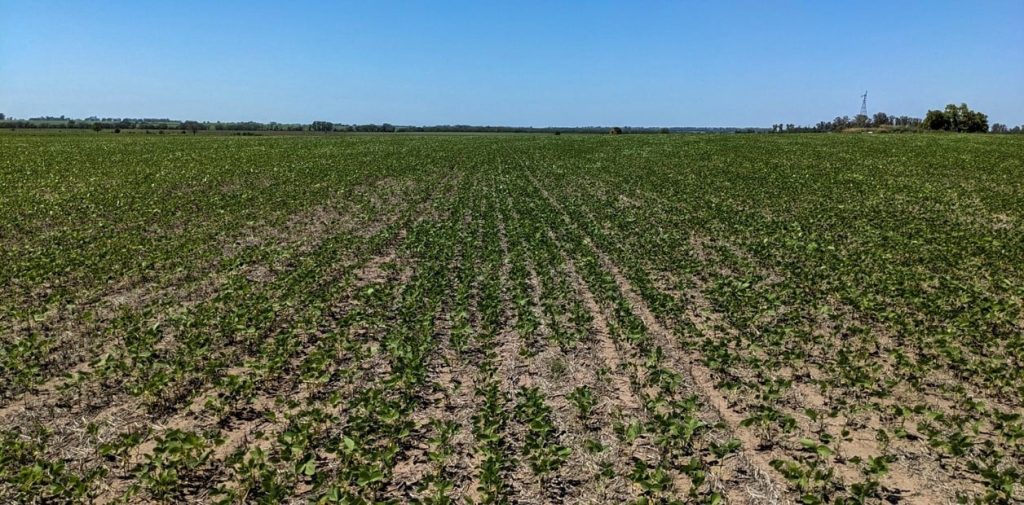
The AFIP reported that in nominal terms tax revenues rose 88%.
Collection in March had a nominal increase of 88% compared to the same month last year. With inflation for the same period close to 107%, the drop in tax revenue in real terms would be 7.2%.
From the AFIP they reported that the collection amounted in March to $2.3 trillion. “The most relevant taxes of the structure referring to the internal market and linked to employment registered year-on-year variations above the average, in contrast to those linked to foreign trade. Regarding the inter-monthly comparison, collection increased by 6% compared to the previous month “, detailed the official body.
In addition, the AFIP specified that if customs resources were excluded from the analysis (which include taxes on Export Duties, Import Duties, Statistical Rate and the perceptions made in Customs of VAT, Profits, Domestic and Fuels), collection in March would have grown by 121.1% year-on-year.
From the AFIP they sought to highlight that “taxes linked to the national production of goods and services destined for the domestic market and those linked to formal employment grow above the price variation of the period. This data allows us to presume that economic activity aimed at domestic absorption continues to perform well“.
So far this year, economic activity has been hit by the drought and private estimates suggest that there was a drop in the first quarter compared to the previous quarter. If so, it will confirm that the country has already entered a recession.
In nominal terms, without taking inflation into account, the taxes that registered a higher than average variation were: Personal Assets (166.83%), Co-Participated Internal (147.94%), Check Tax (122.14%), VAT (120.56%), Social Security System (113.03%), Other partners (101.12%) and Profits (93.65%).
The official report mentions that the income from Export Duties decreased by 64.6% compared to March 2022 “due to lower volumes declared in the Sworn Declarations of Foreign Sales (DJVE) corresponding mainly to pellets and soybean oil due to the effect of the drought.”
“If the analysis is extended to the accumulated tax collection in the first three months of 2023, it is observed that $6.7 trillion entered in this period, a variation of 88% compared to the same quarter of 2022,” the official statement indicated.
According to the estimate of Nadin Argañaraz, director of the IARAF, in the third month of 2023, national tax collection would have decreased by 7.2% in real terms compared to March 2022. And in the first quarter there would have been a real decrease of 6.6%, which cut a trend of two years in a row starting with increases in real terms,
The biggest fall was that of Export Duties, which fell by 82.6% real year-on-year due to the impact of the drought on agricultural production. On the other hand, VAT would have had a real increase of 7.9%, while Profits faced a real fall of 4.6%, and Social Security a real increase of 5%.
“With a historical look in constant currency, the first quarter of 2023, in terms of foreign trade collection (import duties plus export duties), would have been the lowest collection of the last 4 years and would be located just above the level of the year 2017“, highlighted.
